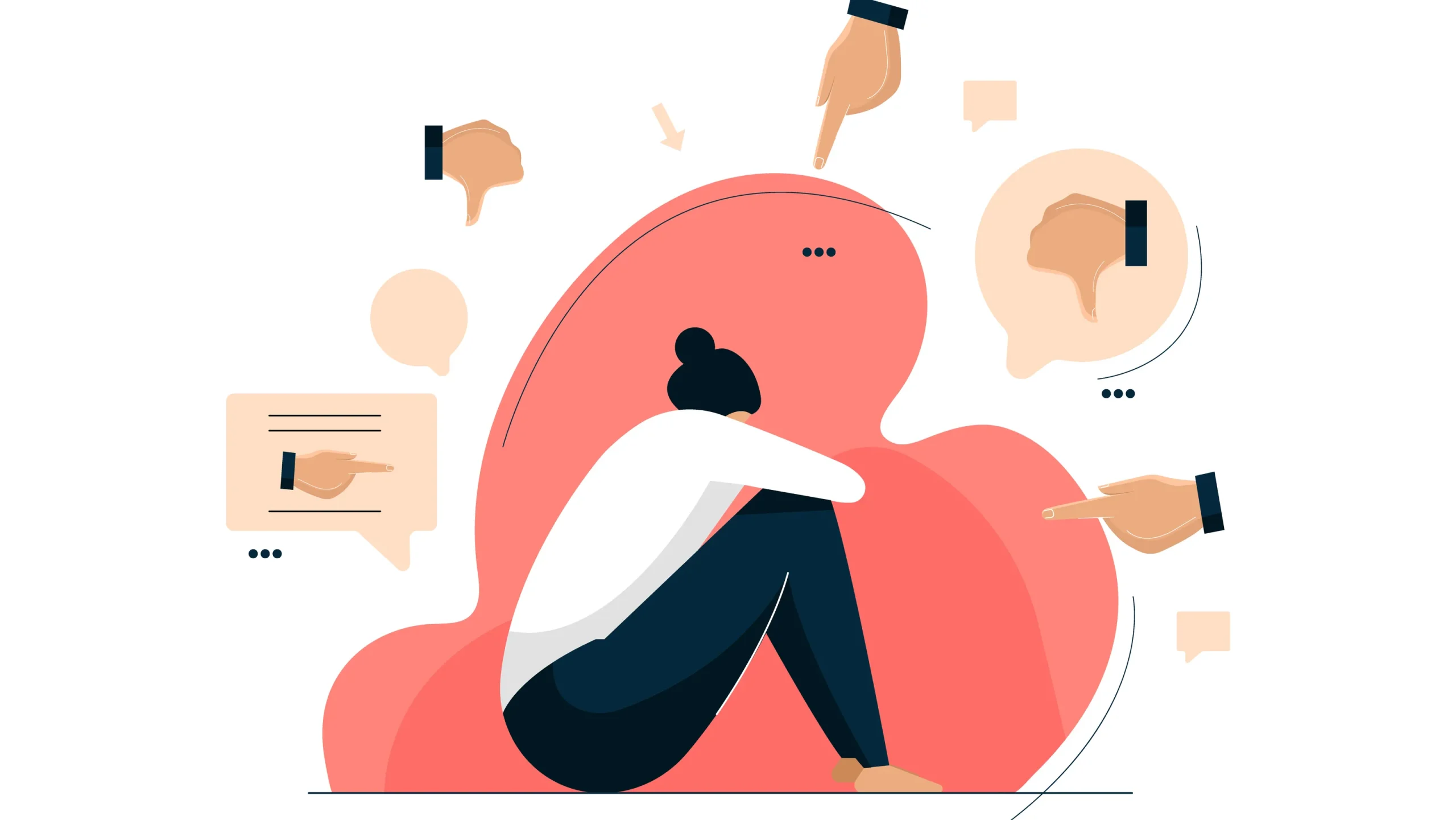- Set the intention. Just like you won’t lose weight or build muscle without setting the intention to go to the gym or diet, you won’t build self-awarenessSelf-Awareness involves recognizing one’s thoughts, feelings, and behaviors in a non-judgmental ma... without making it a mission. Setting the intention is the real first step in developing self-awareness.
- Start by assuming you are a mystery to yourself. There is a famous quote “The first step to getting out of prison is to realize you are in prison, otherwise, no escape is possible.” This couldn’t be truer when it comes to self-awareness. In order to discover things about yourself, you have to assume you might not know much. No matter where you are in life, assuming yourself a mystery is the place to begin when it comes to self-discoverySelf-Discovery is the process of gaining insight into one's own thoughts, feelings, and motivations.....
- Identify what you are looking for. When people embark on a self-awareness project you have to know what to keep an eye out for. Here are some good ideas: reflexes, habits, and patterns in your relationships with others and with yourself. Look for themes in the present and try to connect them to experiences earlier in your life. For example, if you had an overbearing mother, you might find yourself almost phobic of others exercising even the most remote authority over you or on the flip side you may only feel safe and thrive only when an authority is present. If you were a latchkey kid, you might feel really comfortable without structure, it is familiar, or on the other side very anxious when left in that old familiar place. The list of possible insights is literally endless. As described in the examples above, we often have extreme reactions to experiences that we felt hurt by or vulnerable to as children. People tend to respond to unresolved issues by exercising or expressing one extreme or the other. The usual tendency is to repeat what is familiar, for better or worse, and try and identify what “the familiar” is to you and how it helps or hinders your success. Look for these in your life, it may be a sign on the road pointing you to an important piece of self-awareness.
- Take in feedbackFeedback in group therapy refers to the constructive comments and reflections shared among group mem..., and try not to get defensive. Whether it is at the end of a relationship or the end of a job, asking for feedback is a critical tool for self-awareness. Listen and take it in as best as you can, even if at first you don’t agree with it. Ask questions about the nuances of the feedback you are receiving. Try and imagine the experience of the person offering the feedback and how they might describe you this way. Try not to immediately dismiss anything. It’s always important to consider the source but if themes emerge in the feedback you receive about yourself, take note, there is probably some validity in there. Insanity is often defined as doing the same thing over and over and expecting different results. If we don’t stop and take in feedback, isn’t perpetuation the natural course of our worse habits? To reaffirm their existence in our lives again and again? Without knowing it? Sounds like some version of hell. Take the time to digest this information and see if you can make changes accordingly.
- Start a behavioral chain analysisBehavioral chain analysis breaks down a behavior into its preceding thoughts, emotions, and triggers.... This may sound fancy but it is a simple worksheet that helps you to connect the dots between your thoughts, feelings, and behaviors. It is a great, concrete tool to help you begin identifying the cognitive, emotional, and behavioral dominoes in your inner life. You can find a BCA by simply searching Google. It is a handy tool for many Cognitive Behavioral Therapists and it’s a perfect, simple, jump-off-point of a tool to get started with examining the workings of your inner life.
- Meditate and monitor self-talk. Notice what that voice in your mind seems to be up to much of the time? Is it criticizing you for never doing good enough? Is it perfectionistic? Is it invalidating? Is it comparative? Does it offer gentle consolation or punishment when under stress? When does it get louder? Quieter? This kind of self-analysis can show you a bit about yourself and where some of the work may lie. Meditation is an insanely helpful tool when it comes to developing awareness over self-talk. If you regularly practice a method like meditation your pure awareness grows in strength and the chatter becomes so clear — Only then do you have the power to make a change. Using thoughts to battle other thoughts is a losing strategy that the scientific evidence of positive psychology failed to prove and was in fact, disproved. Positive thoughts don’t beat negative thoughts, they just wage an inner war. Start with a regular meditation practice if you don’t have one yet, it is a real leverage point here.
- Journal. It is common advice but often overlooked. Start a journal and begin reflecting at the end of your day/week/month. I encourage my patients to free-write. Sit down and just start writing anything and everything that comes to mind for a set period of time. You will often be surprised at what comes out. Themes and patterns begin to emerge as time goes on that are ripe for self-awareness. Journals are notoriously helpful for a reason, especially when used in this way.
- Last but definitely not least, Therapy. There really isn’t any better way to build insightInsight refers to the understanding and awareness clients gain about their thoughts, feelings, and b... than psychotherapy. Psychologists and therapists are expertly trained in helping people from all walks of life to develop self-awareness. It is hard to see yourself objectively (although we like to think we are good at this, it is actually a strong bias we have to work to overcome). A therapist can help you to connect the dots of who you are, themes in relationships, emotional life, and relationships. This is a large part of the work we do with patients in our practice. Try and find a psychodynamic or relationally oriented psychotherapist. These types of therapists have a knack for helping their patients develop a deep and meaningful form of self-awareness.





